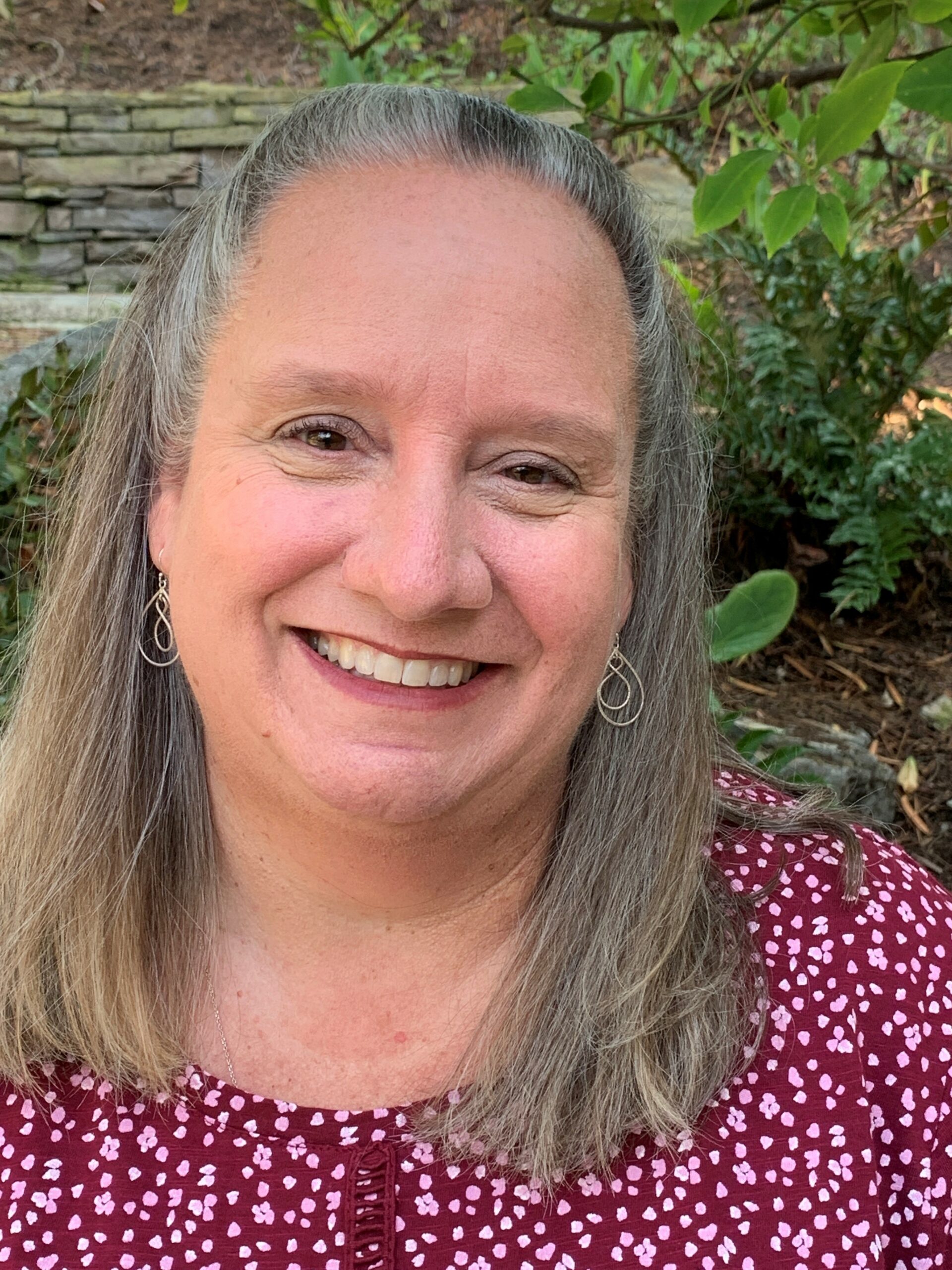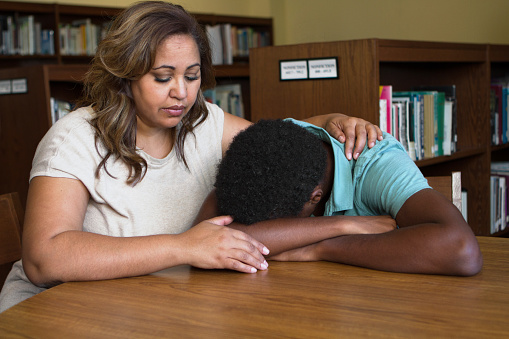Anxiety is normal and occurs in response to stress. Anxiety is a warning system in our body. It alerts us to perceived danger and causes us to act with a fight, flight, or freeze response. We fight with aggression, run for escape, or feel trapped in a situation we cannot avoid. Anxiety motivates us when we are faced with a challenge. When anxiety works for us, it is a good thing.
When someone struggles with an anxiety disorder, it feels like the enemy. Excessive anxiety can be exhausting, disabling, creating fear, mental pain, and inaction. More students are sharing that they have an anxiety disorder or social anxiety. Your child may say things like, “I have a big test this week and I’m having trouble sleeping” or “I have a huge decision to make, and I’m stressed over what to do.” When your child shares their anxiety with you, it is a plea for help.
Anxiety is a feeling of worry or nervousness, typically about an upcoming event or something with an uncertain outcome. It is a fear of the unknown. As a parent, when you respond with love, compassion, and kindness, you enter the battle with them. It is your opportunity to lead them back to a place of peace.
“Anxious hearts are very heavy, but a word of encouragement does wonders!” Proverbs 12:25 (TLB)
Here are some recommendations for how to help your child manage their anxiety:
1) Validate their feelings
“I see you’re really worried.” Speak calmly to them. Encourage them to share their concerns. Respect how they feel and show compassion.
2) Consistently offer support
“This is tough, but we’ll get through it together.” Anxiety is painful. It is compounded when one feels alone. When a child knows their parent supports them, it can ease their mind. Don’t try to fix them. Instead, teach them ways to control their anxiety.
3) Kill the ANTs: Automatic Negative Thoughts
Tell them they don’t need to believe every fearful thought they have. Challenging negative thoughts reduces the power they have. Teach your child to journal their thoughts and talk back to them.
4) Deep breathing exercises
Inhale slowly and deeply through the nose, keeping shoulders relaxed. Exhale slowly through the mouth while pursing the lips. Repeat as long as necessary. Remind them to breathe when anxiety overwhelms them.
5) Exercise
Exercise, fresh air and sunshine increases feel-good hormones that boost mood, increases relaxation and decreases anxiety.
6) Healthy nutrition
Optimizing nutrition improves brain function and helps to alleviate anxiety. Lean proteins, vegetables, fruit, whole grains, nuts, seeds and healthy fats provides the fuel our bodies need. Keep sugar and caffeine intake to a minimum.
7) Encourage water drinking
0.5-1.0 ounce per pound of body weight per day. Our brains are 80% water, and adequate water intake is necessary for brain function.
When your child overcomes an anxiety-producing obstacle, celebrate their success. An upside to anxiety is it creates cautious thinkers, careful decision-makers, and great problem solvers. As your child matures, they will learn that living with uncertainty can become fun and exciting. About 85% of the things people worry about never happen.
Instead of feeling victimized by negative thoughts, they will come to realize their creativity can produce positive outcomes and they can choose a fruitful quality of life.
Pray for your child with anxiety:
“Lord, I leave my child’s anxiety and worries at your feet. As their parent, please equip me with your strength, words and wisdom as I lead them to manage their anxiety. Please help them to sense your presence, leading them from fear to your perfect peace. In Jesus name, Amen.”
If you would like to hear more about this topic, CLICK HERE
Author
-

Amy Kendall was the Next Gen Disabilities and Mental Health Pastor at Saddleback Church and was on staff from 2007-2024. Before working at Saddleback, she worked for 10 years in the educational sector as a behavior specialist, specializing with children on the autism spectrum. Amy graduated from Pacific Christian College with her BA in Ministry and from Hope International University with her MA in Marriage, Family, Child Counseling. Amy was recently on the board of the Disability Ministry Conference as their vice president and speaks often in regards to disability ministry. Amy also has a teenage son with multiple disabilities and mental health struggles, and she believes that she is a better pastor because she gets the blessing to be his mom.
View all posts






